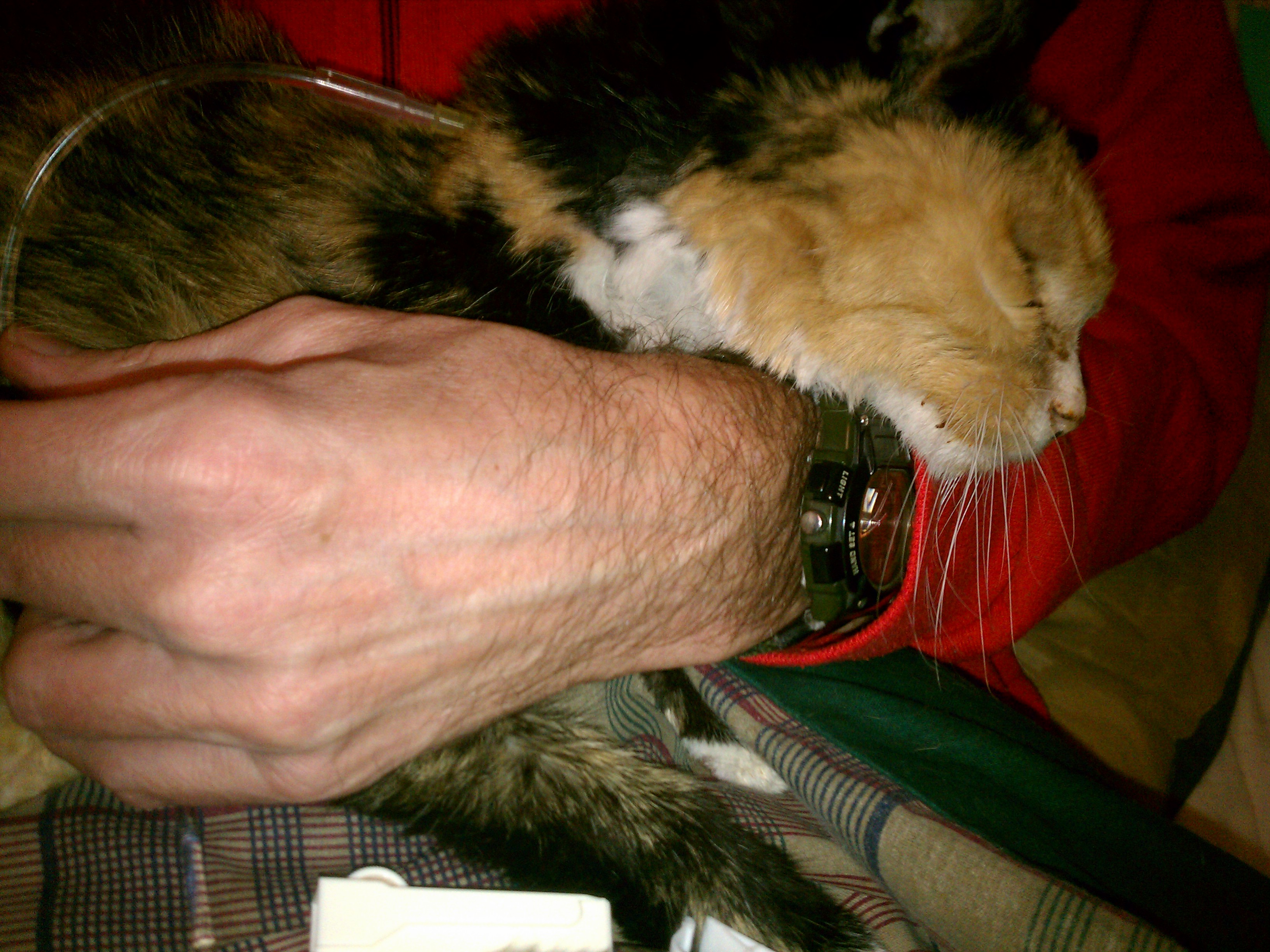Cats are known for their independence and self-sufficiency, but when it comes to their health, they rely on us to provide the best care possible. One of the most common health issues in cats is chronic kidney disease, which can be a daunting diagnosis for any pet owner. However, with the right knowledge and tools, feline renal care can be mastered, and cats with chronic kidney disease can live happy and healthy lives. In this article, we will explore tips and strategies for mastering feline renal care, so you can provide the best possible care for your furry friend.
1. “Purrfecting Feline Renal Care: A Guide to Managing Chronic Kidney Disease”
Chronic kidney disease is a common ailment among cats, especially those who are older or have pre-existing health conditions. Managing this disease requires a combination of medical treatment and lifestyle changes. Here are some tips to help you purrfect your feline’s renal care:
– Diet: A low-protein, low-phosphorus diet can help reduce the workload on your cat’s kidneys. Look for commercial cat foods that are specifically formulated for cats with kidney disease, or consult with your veterinarian to create a homemade diet plan.
– Hydration: Encourage your cat to drink more water by providing multiple sources of fresh, clean water throughout your home. You can also add water to your cat’s food or try feeding wet food instead of dry kibble.
– Medication: Your veterinarian may prescribe medications to help manage your cat’s kidney disease, such as ACE inhibitors or phosphate binders. Be sure to follow the dosage instructions carefully and report any side effects to your vet.
In addition to these tips, it’s important to monitor your cat’s health closely and schedule regular check-ups with your veterinarian. With proper care and attention, you can help your feline friend live a happy, healthy life despite their chronic kidney disease.
2. “From Scratch: Building a Plan for Mastering Feline Renal Care”
When it comes to feline renal care, it can be overwhelming to know where to start. However, building a plan from scratch can help you master this important aspect of cat health. Here are some steps to get you started:
- Educate yourself: Learn about feline renal disease, its causes, symptoms, and treatments. This will help you understand what your cat is going through and how to best care for them.
- Consult with your vet: Your veterinarian is your best resource for creating a plan for your cat’s renal care. They can provide guidance on diet, medication, and monitoring your cat’s condition.
- Establish a routine: Consistency is key when it comes to feline renal care. Establish a routine for feeding, medication, and monitoring your cat’s condition. This will help you stay on top of their care and catch any changes early.
Remember, feline renal disease is a serious condition that requires ongoing care and attention. By building a plan from scratch and following it consistently, you can help your cat live a happy and healthy life.
3. “Caring for Your Feline Friend: Tips and Tricks for Managing Chronic Kidney Disease
Managing chronic kidney disease in cats can be a daunting task for pet owners. However, with proper care and attention, you can help your feline friend live a comfortable and happy life. Here are some tips and tricks to help you manage your cat’s chronic kidney disease:
- Diet: Feeding your cat a kidney-friendly diet is crucial in managing chronic kidney disease. Consult with your veterinarian to determine the best diet for your cat. A low-protein diet with added potassium and phosphorus can help reduce the workload on your cat’s kidneys.
- Hydration: Encourage your cat to drink more water to prevent dehydration. Provide fresh water in multiple locations throughout your home and consider adding water fountains or wet food to their diet to increase their water intake.
- Medication: Your veterinarian may prescribe medication to help manage your cat’s chronic kidney disease. It’s important to follow the prescribed dosage and schedule to ensure the medication is effective.
In addition to these tips, it’s important to monitor your cat’s behavior and symptoms regularly. If you notice any changes in their appetite, energy levels, or behavior, contact your veterinarian immediately. With proper care and attention, you can help your feline friend live a happy and healthy life despite their chronic kidney disease. In conclusion, mastering feline renal care is a crucial aspect of managing chronic kidney disease in cats. By following the tips outlined in this article, you can help your furry friend live a longer, healthier life. Remember to work closely with your veterinarian, monitor your cat’s symptoms, and make necessary adjustments to their diet and medication regimen. With proper care and attention, you can help your cat thrive despite their kidney disease.

